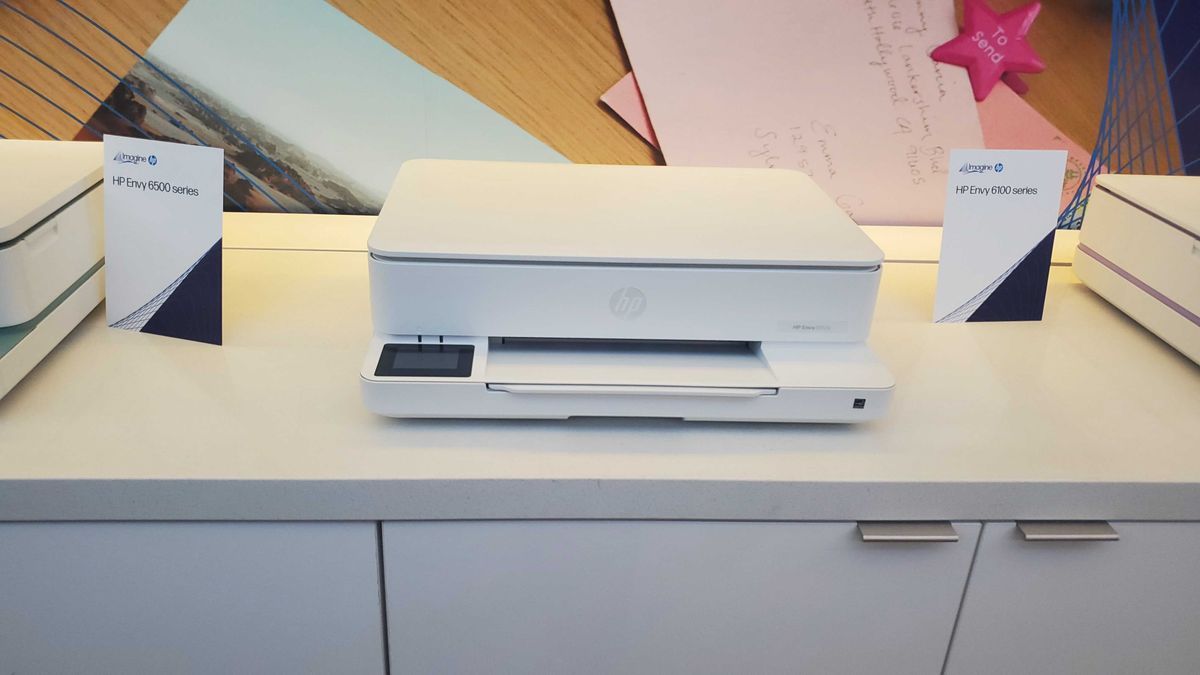New Survey Highlights Shifts in Printer Ownership Trends

Alayaran.com - A recent survey conducted by TechRadar Pro, involving 3,676 respondents from across the globe, has shed light on the evolving landscape of printer ownership, revealing that a significant portion of the population no longer owns a printer at home.
The survey, which was shared through the TechRadar WhatsApp community, asked a simple question: "What printer do you have?" The results were telling of the current market dynamics and consumer preferences.
HP Leads Despite Decreasing Printer Ownership
HP has solidified its position as the market leader with 38% of respondents owning an HP printer. This dominance comes at a time when 21% of participants reported not owning a printer at all, indicating a shift away from personal printing devices. This trend could be attributed to the convenience of digital alternatives such as cloud storage, document sharing, and the ubiquity of mobile devices that reduce the need for physical prints.
Japanese Brands Retain Strong Market Presence
Japanese brands continue to hold a strong position in the market. Canon, Epson, and Brother collectively make up 37% of the market share, with Canon leading at 14%, Epson at 12%, and Brother at 11%. This underscores the significant influence of Japanese technology in the printing industry, despite the global shift in consumer habits.
Market Niche Players
Other brands like Kyocera, Oki, Ricoh, Xerox, and Lexmark have a combined market share of less than 5%, suggesting these companies cater to niche markets or have less brand recognition among the general public.
Economic and Lifestyle Factors Influencing Ownership
The decline in printer ownership can also be linked to economic factors. The survey highlighted the high costs associated with printer maintenance, particularly ink cartridges, which can amount to spending between $5,000 to $10,000 per liter of ink over time. Additionally, urban dwellers might find less need for personal printers due to easy access to printing services at libraries or office supply stores.
Implications for the Future
As the digital transformation continues, the role of the traditional printer at home is under scrutiny. While printers still hold value for specific uses like school projects, remote work, and small business operations, the survey suggests that a growing number of consumers are re-evaluating the necessity of owning a printer.
TechRadar Pro's survey provides a snapshot of current trends but also raises questions about the future of printing technology in a digitally dominated world. Will the rise of digital solutions eventually make home printers obsolete, or will they adapt to new consumer needs? Only time will tell, but for now, companies like HP and the leading Japanese brands are navigating these changes with a mix of innovation and market adaptation.
